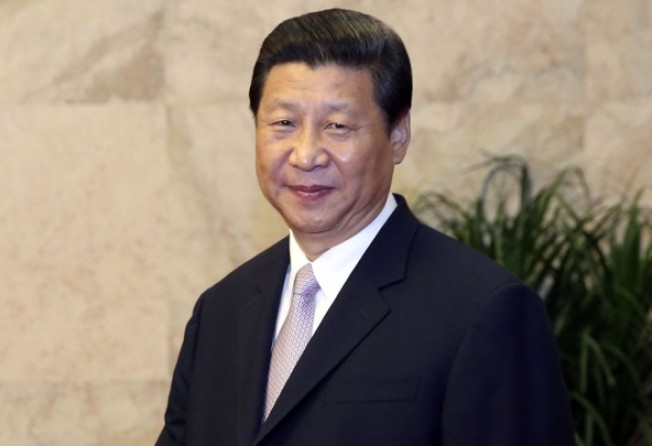The empty glory of the Chinese empire is not worth reviving
Zhang Xiaomao says in their pursuit of the 'China dream', leaders must avoid seeking a revival of dynastic glory and instead forge a new path

Since President Xi Jinping first talked of a "great revival of the Chinese nation", I have wondered why the "China dream" should revolve around reinstating rather than developing and reforming. After all, a revival has to include the past, so this would seem to be a way to return the nation to a previous state.
Chinese history reveals that each new dynastic empire has followed a similar pattern: the founders of the empire seize power by force; their descendants consolidate the power through economic growth, punishment and cultural controls; and, finally, the dynasty crumbles due to corruption and ineptitude. Similarities abound in today's China: the Politburo Standing Committee rules with absolute power.
In ancient China, bribery and graft were commonplace, yet they were largely accepted as traditional practices and punished only when rulers deemed such behaviour a threat to their power.
People today, too, have become accustomed to these crimes. Despite the downfall of innumerable senior officials - from former Politburo members Chen Xitong , Chen Liangyu and Bo Xilai to former railways minister Liu Zhijun - the top decision-makers still do not see an urgent need to reform the political system.
To the Communist Party, at least on the surface, to achieve the "China dream" is to make the nation the most powerful on earth once again. At the recent Sino-US "shirtsleeves" summit in Sunnylands, Xi spoke of China as an equal global power to the US in international affairs. President Barack Obama's lack of positive response was a reminder that China still has to prove itself on the world stage.
Before the second world war, force and military capability largely determined a nation's strength and power. After the war, many nations began to use technology and culture as a tool for demonstrating might. Over the past several years, China has begun to display some of its own technical advances, such as its aircraft carrier, Liaoning, and the world's most powerful computer, Tianhe-2. However, these products lack creativity, and are largely the result of imitating and modifying similar foreign products.
This lack of creativity also pervades Chinese thinking. Since the times of Lao Tzu and Confucius, China has struggled to find another great thinker with an innovative spirit. This long absence of creative energy is largely the result of the long-standing suppression of freedom of thought by Chinese rulers, both ancient and modern. This is also a root cause of China's lack of scientific tradition.
It seems clear, therefore, that until freedom, democracy and human rights are introduced into China and protected, Xi's "China dream" will remain just a state pronouncement that China will formally return to past forms of governance and culture. In other words, Xi will maintain his grip on power in the same way as previous dynasties.
Yet, China's own history has shown that this cannot last forever. Eight different dynasties have unified China; yet each lasted on average only 200 years or so. Perhaps it's time to try a new form of government, one based on democratic principles, to help curb corruption and enable China to win the world's respect.
Zhang Xiaomao is a Shenzhen-based scholar and commentator